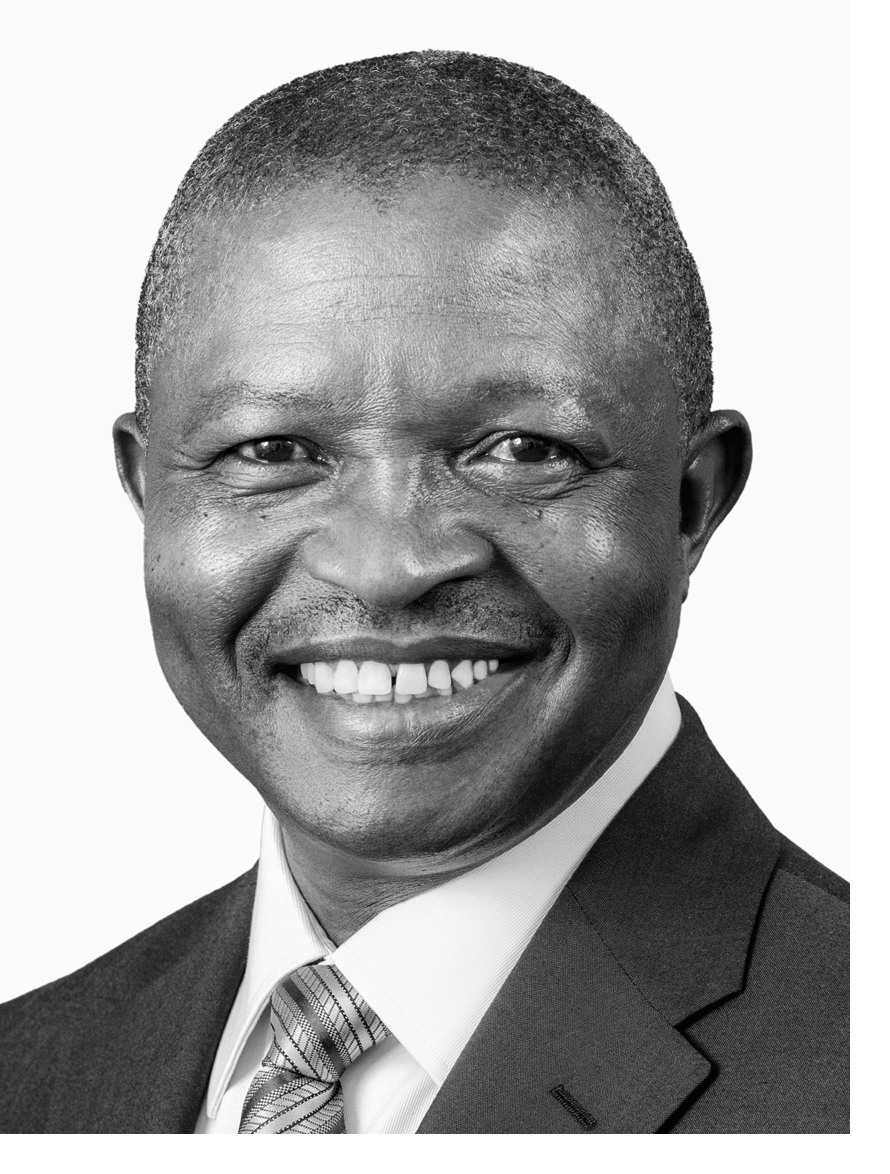Opening Remarks by the Deputy President, Mr David Mabuza, at the SANAC Extended Plenary

Our Host, the Premier of Mpumalanga, Ministers and Deputy Ministers, Other Premiers, MECs, and Mayors present, Leaders of the SANAC Sectors, and Ladies and Gentlemen: We have come to the end of this Extended Plenary Session.
Let me take this opportunity to thank everyone for making valuable contributions towards shaping and strengthening our implementation of the National Strategic Plan for HIV, TB and STIs.
Your presence and contributions are appreciated greatly in our collective task to provide practical and decisive leadership to respond to the pandemics of HIV, TB and STIs.
As we have heard from today’s presentations and inputs, we have made significant strides in responding to the challenges of HIV and Aids and TB. However, there is no doubt that we still have much work to do collectively, to ensure that we reverse the worrying statistics reflecting new infections. Challenges remain in critical areas of our implementation programme.
It is worrying that we still have to locate and treat the millions of people who live with diabetes, hypertension and various cancers and other non-communicable diseases.
We need to work across all sectors to scale up the roll out of Checka Impilo campaign. We need visible leadership advocacy to increase the uptake, and get as many people as possible tested and put on treatment to prevent the spread of TB.
Consistent with our accelerated drive to reach and treat increased numbers of infected people, our health facilities must be ready, accessible and responsive to deepen the impact of our interventions.
Our target of putting an additional two million people on treatment by December 2020 still remains. All sectors of our society are called upon to intensify the drive of finding the missing TB patients. These are people who are infected with TB but have never been diagnosed and therefore not on treatment.
Our HIV and TB programmes must be embedded within communities in a manner that allows for broad-based participation of all sectors of civil society. The case of Eshowe delivery model must be broadened and replicated in all Provinces. We went as far as donating 27 laptops to the young girls working on economic empowerment and gender based and HIV prevention programmes at the War Room at Eshowe in Ward 12.
The Eshowe model has shown us that if we work in a coordinated and collaborative manner and focus on individual households, we can reach and even surpass the UNAIDS 90/90/90 targets.
More importantly, we need our youth sector programmes to be scaled up to reach as many young people as possible in our communities. Our prevention efforts must target adolescent girls, and young women who are more at risk of contracting HIV.
Alongside this, cultural and socio-economic determinants and drivers of gender-based violence require our collective response at all leadership levels
Of continuing concern to all stakeholders gathered here, is that our HIV pandemic is linked to pervasive gender inequality accompanied by the violation of human rights of vulnerable sectors in our society. The abuse, murder, and rape of women, children, persons with disabilities, lesbians, gays, and transgender persons must be addressed as part of our comprehensive response to the challenges of HIV and Aids.
We need to also scale up our communication efforts on all these issues, because our messaging is about the people who we are representing who are not in this room and this should be led from the front by those who are in positions of leadership.
It is becoming clear that without committed leadership at all levels of government across all spheres, we will not be able to reach our stated targets and make the necessary impact. We need to strengthen the capacity of Provincial, District and Local Aids Councils to provide leadership direction and effective coordination of HIV and Aids and TB prevention programmes.
The functionality of these AIDS Councils must be our urgent priority. Premiers and Mayors must play a central leadership role. We expect all Aids Councils to be functional by the end of March 2020. Not only should we ensure that they are set up and functional, we must ensure that regular meetings are convened, and there are tangible programmes that are being implemented and monitored.
On our part, we will work more closely with provincial and district AIDS councils to ensure they function optimally, in partnership with civil society.
We are determined to work even harder in mobilising more support from the private sector as we strengthen our response to the challenges of HIV and Aids and TB.
Once again, let me thank all of you, and invite you to be part of our community outreach programme today.




